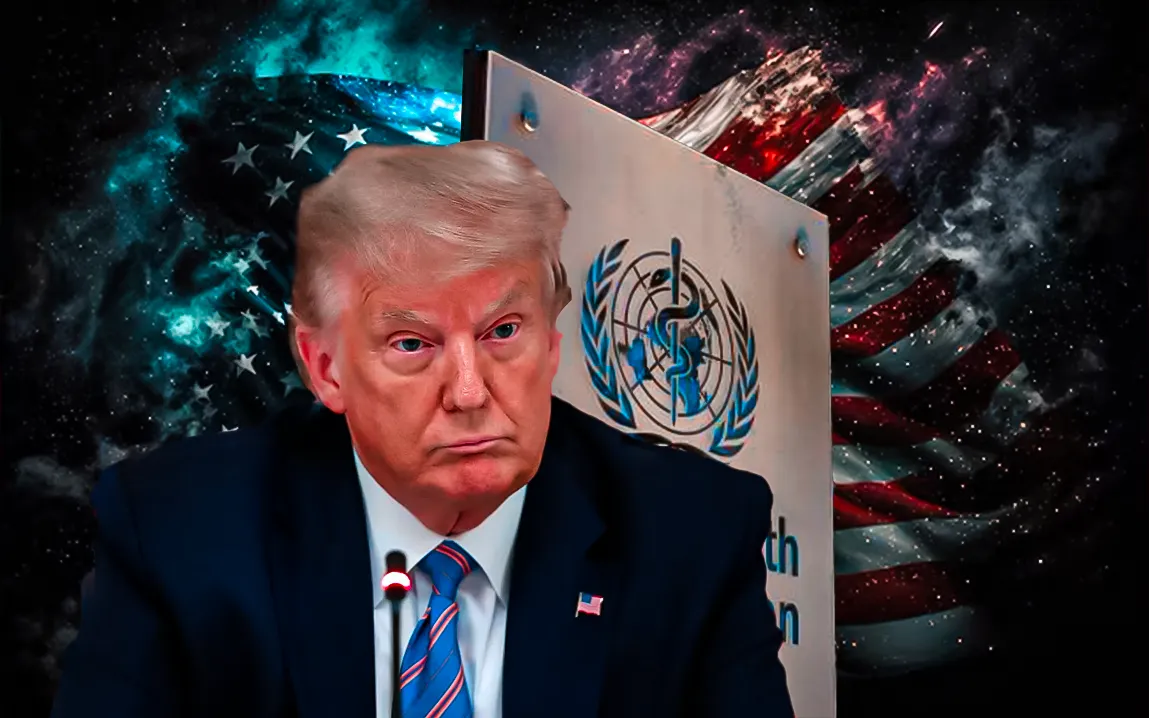President Donald Trump’s decision to withdraw the United States from the World Health Organization has reignited controversy, with critics warning it weakens global health efforts while supporters praise the move as a stand for accountability and reform.
On his first day back in the Oval Office, President Donald Trump announced the United States’ withdrawal from the World Health Organization (WHO), citing dissatisfaction with the agency’s handling of global health crises, including the COVID-19 pandemic.
The executive order formalized his long-standing critique of the organization as politically influenced and in need of urgent reform.
“Lives have been lost as a result of the WHO’s inaction and poor management of the pandemic,” Trump said as he signed the directive. During the early phases of the COVID-19 epidemic, his administration accused the organization of favoring China and lacking openness.
However, detractors contend that the choice is a “strategic error” with worldwide repercussions. “This withdrawal leaves a leadership vacuum that only China can fill, increasing its political influence,” cautioned Dr. Ashish Jha, a former White House COVID-19 coordinator.
Lawrence Gostin of Georgetown University described the action as “a grievous wound to world health and the U.S.”
Trump’s worries about the United States’ disproportionate support of the World Health Organization in comparison to other countries are cited by proponents of the withdrawal.
Public health experts warn that the WHO may find it difficult to monitor influenza patterns worldwide and plan for future medical emergencies if the United States does not get involved.
It is anticipated that the decision will be made within a year, allowing for additional discussion. Opponents worry that the action isolates the United States in tackling global health issues, while Trump’s administration sees it as a vital reform.



